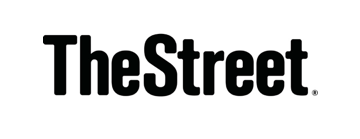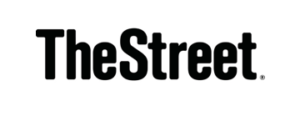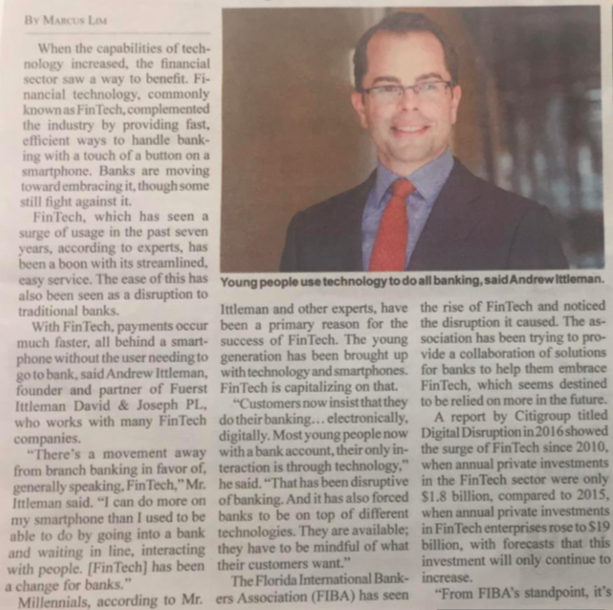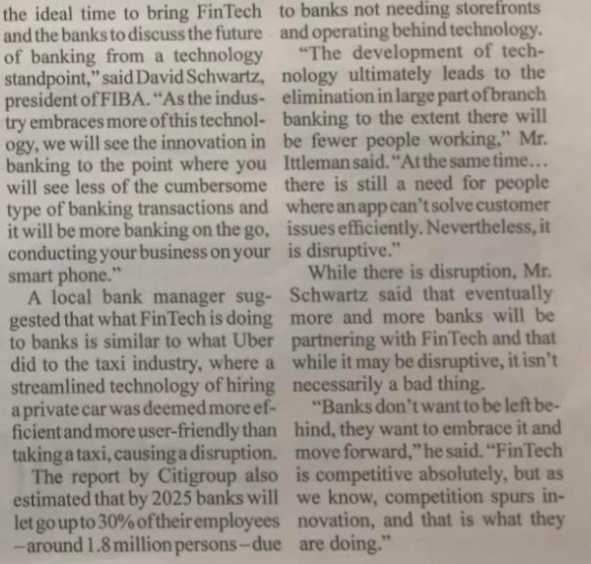Las razones para desconfiar de los tratamientos milagrosos con células madre

May 20, 2018
By Natalia Martin Cantero
Uno de los campos científicos más prometedores, el de la investigación con
células madre, es también terreno abonado para los timos. Cientos de empresas prometen tratamientos contra todo tipo de enfermedades que no cuentan con el visto bueno de la FDA.
Doris Tyler es una mujer de Florida que quedó ciega tras someterse a un procedimiento con células madre no aprobado por la FDA.
Las falsas promesas sobre los tratamientos de células madre pueden tener consecuencias mucho más graves que despojar al paciente de su dinero. En el episodio más reciente de su cruzada contra las clínicas que ofertan tratamientos a partir de esas células, la Administración de Alimentos y Medicamentos (FDA) emprenderá acciones legales para impedir la actividad de dos de los centros más prominentes del país: el US Stem Cell con sede en Sunrise, Florida, y el California Stem Cell Treatment Center, con sedes en Beverly Hills y Rancho Mirage.
Los tratamientos que ofrecen estas clínicas –desde curas al cáncer a enfermedades del corazón– podrían suponer un riesgo para la salud, según la FDA.
Una investigación publicada recientemente sobre 368 webs de centros que ofrecen combinaciones de tratamientos con células madre con “medicina alternativa y complementaria” reveló que solamente el 31% de los sitios menciona si la intervención cuenta con el visto bueno de las autoridades sanitarias.
Solo un 19% de los sitios especifica que hay pruebas limitadas de la validez intervención, y únicamente el 25% menciona los riesgos generales de la investigación. El imperio en expansión de estas clínicas promete curas para todo. Desde diabetes a asma, esclerosis múltiple, artritis o incluso una vacuna contra el cáncer.
“Muchas clínicas parecen estar basándose en pseudociencia, lo que puede ofuscar seriamente el discurso público, engañar a la población y dificultar el discernimiento entre la ciencia real y la mercadotecnia”, concluye el estudio. “La publicidad sobre terapias con células madre no probadas tiene el potencial de dañar a los pacientes y a la reputación de la ciencia”, añade.
¿Qué son las células madre?
Las células madre son un tipo particular de célula que se encuentra en el cuerpo humano (como en cualquier otro organismo pluricelular) sobre todo en la sangre y en la médula espinal. Su función es regenerar órganos y otras células a medida que envejecemos, y son fundamentales a la hora de ayudar al cuerpo a recuperarse de lesiones. Hay varios tipos de células madre, con diferentes características. Las que proceden de embriones humanos pueden convertirse en cualquier tipo de célula, y en teoría reparar cualquier órgano o tejido en el cuerpo humano. Por el contrario, las células madre “adultas” por
así decir solo pueden convertirse en el tipo de tejido del que proceden, según explica a Univisión Noticias Morton Tavel, profesor de medicina retirado de la Universidad de Indiana y autor de un libro sobre mitos y bulos en salud.
¿Cuáles son los usos probados con las terapias con células madre?
Morton señala que, mientras que el acceso a las células de embriones está regulado por las autoridades federales, la extracción de las otras células madre (las que proceden del cuerpo del propio paciente) está mucho menos reglada. Por esta razón, se han usado de manera indiscriminada. “De hecho, los tratamientos con células madre están ampliamente aceptados solo para dos situaciones: dolencias relacionadas con la sangre –incluidas leucemia y algunas formas de anemia– y en ciertos tipos de lesiones por quemaduras”, señala. En el futuro, cree Morton, la regulación en torno a las células madre podría ser similar a la que existe con los medicamentos con receta.
Morton indica que incluso clínicas muy reconocidas han sido acusadas de
exagerar sus promesas en algún momento. Por eso, antes de que consideres exponerte a un tratamiento con células madre de cualquier tipo es fundamental informarse todo lo que sea posible, preferiblemente con un experto en este campo con licencia médica, recomienda el profesor.
Por otro lado, los tratamientos experimentales con células madre han resultado prometedores en muchos campos, como osteoporosis o lesiones deportivas, y la FDA está evaluando su aprobación.
Florida es uno de los destinos predilectos de pacientes desesperados en la búsqueda de tratamientos que no han sido aprobados. El Dr. Burton Feinerman, en la imagen, es un pediatra que ha ofrecido terapias con células madre en varias clínicas de Florida durante la última década, cuya efectividad ha sido puesta en duda.
¿Qué enfermedades podrían curarse o prevenirse en el futuro utilizando estas terapias?
Ira Pastor, presidente de una firma de medicina regenerativa, señala que las terapias serán de gran utilidad en patologías en las que se producen dinámicas de degeneración celular, como el Alzheimer o el Parkinson.
La degeneración macular por envejecimiento (el trastorno ocular) es uno de los objetivos más prometedores. Todavía falta mucho tiempo, no obstante, para que podamos disponer de tratamientos seguros y efectivos para estos problemas. Una de las clínicas intervenidas esta semana por la FDA está acusada de dejar ciegos a varios clientes con tratamientos para aliviar la degeneración macular.
¿Qué señales deben hacerte sospechar?
El abogado experto en legislación relacionada con alimentos y medicamentos Andrew Ittleman señala a Univision Noticias que hay que sospechar de las clínicas que ofrecen procedimientos no aprobados procedentes de fuentes que no son el paciente mismo, como la membrana amniótica o el cordón umbilical. Muchos de estos tratamientos, señala Ittleman, se ofertan a ancianos y se venden como poco menos que milagrosos. Sin embargo, “muchas investigaciones muestran que no contienen células madre en absoluto. Este es un problema creciente, y un estado (Dakota del norte) ya lo está investigando. Mi expectativa es que otros estados hagan lo mismo”.
Pastor, por su parte, recomienda estar alerta con esas “clínicas que aseguran curarlo todo”, de forma indiscriminada, con células madre.
¿Qué riesgos representan las clínicas que utilizan tratamientos no aprobados para los pacientes?
Ittleman indica que los riesgos son los mismos que con clínicas de otro tipo: los pacientes pueden resultar lesionados, o recibir tratamientos que no funcionan. “Dada la proliferación de practicantes que no son médicos ofreciendo terapias con células madre en sus consultas, estos riesgos pueden estar más concentrados” con este tipo de tratamientos. Pastor alude a problemas financieros: “los pacientes perderán un montón de dinero”, apunta.
¿Debería involucrarse más el gobierno con las pruebas clínicas?
La FDA está implicada en la regulación de las pruebas clínicas y está haciendo
un gran trabajo asegurándose de que los productos que aprueba son seguros y efectivos, señala Ittleman. “Desafortunadamente, en el entorno de las células madre, la línea que separa los procedimientos médicos de la fabricación de productos puede ser muy tenue”. Esto significa que mientras que los médicos saben cómo llevar a cabo un estudio diseñado para mejorar un procedimiento médico, muchos saben muy poco sobre cómo regula la FDA las pruebas clínicas.












